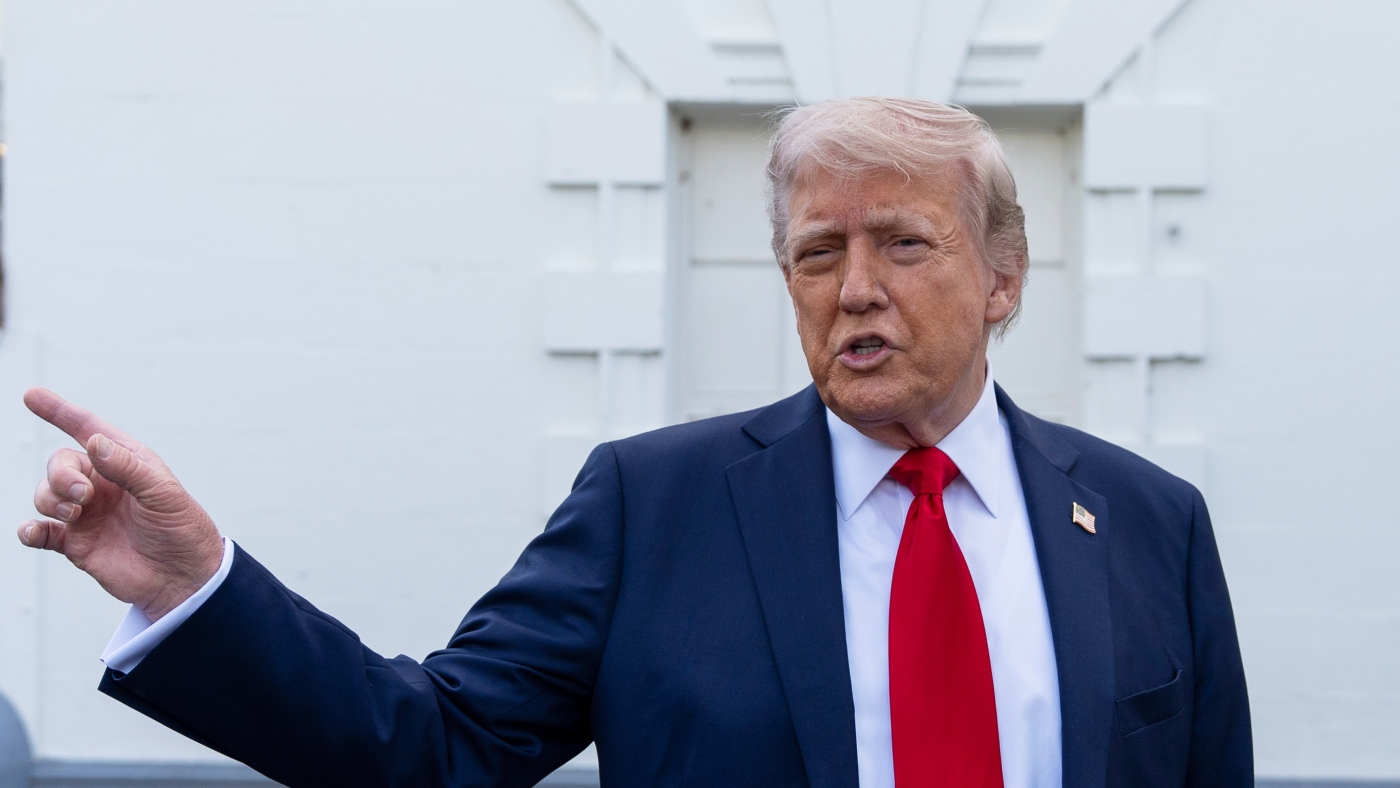Federal Judges Block Trump’s Education Order on Diversity Programs
In a significant legal challenge to the Trump administration, three federal judges have declared that the administration overstepped its authority by attempting to halt diversity, equity, and inclusion (DEI) initiatives in schools across the nation. The rulings, delivered in Maryland, New Hampshire, and Washington, D.C., currently prevent the U.S. Department of Education from cutting off critical federal funds to schools that do not comply with the order.
U.S. District Judge Landya B. McCafferty, appointed by President Obama in New Hampshire, emphasized the importance of protecting academic freedom and exposing students to diverse perspectives. She stated that the executive actions could undermine these core values.
“In this case, the court reviews action by the executive branch that threatens to erode these foundational principles,” McCafferty asserted.
Another ruling from Maryland by U.S. District Judge Stephanie A. Gallagher, a Trump appointee, criticized the administration for not adhering to legal standards when implementing policies. She issued a temporary stay against the enforcement of the administration’s threats.
The decision in Washington, D.C., by Judge Dabney L. Friedrich, also a Trump appointee, echoed these concerns, granting a preliminary injunction. The administration’s lack of clarity on what constitutes a DEI program was a recurring issue in these decisions.
The Issue of Vagueness in Defining DEI Programs
Judge McCafferty highlighted the vagueness of the administration’s directives, specifically criticizing a “Dear Colleague” letter from the Education Department. This document accused schools of indoctrinating students with concepts of systemic racism but failed to define what a DEI program entails.
“The Letter does not even define what a ‘DEI program’ is,” she pointed out in her ruling, a sentiment echoed by her peers.
Judge Gallagher in Maryland noted the administration’s failure to provide factual support for its claims about harmful teaching practices, questioning the creation of a new portal for parents to report perceived discriminatory teachings.
Potential Chilling Effects on Educators
The judges expressed concern that the threat of losing federal funding linked to vaguely defined policies could create a chilling effect among educators. McCafferty warned that this could lead to self-censorship, as teachers may fear repercussions for discussing topics like America’s racial history.
She cited an example from a middle school history teacher in New Hampshire, who feared accusations of discrimination simply for teaching established historical facts.
The Debate Over Federal Influence on Curriculum
Despite the Trump administration’s stated goal of returning educational control to states, the rulings suggest that its actions may constitute federal overreach. Federal law prohibits the Department of Education from directing or controlling school curricula, yet the administration’s order was seen as an attempt to do just that.
Judge Gallagher remarked that the administration’s actions appear to declare broad swaths of classroom content discriminatory, effectively exerting control over school curricula in a manner contrary to federal law.
The Trump administration is expected to appeal these rulings, setting the stage for a continued legal battle over the scope of federal authority in educational matters.





